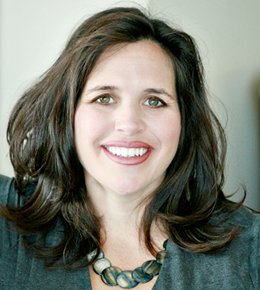
How to take your emotions out of your financial decisions
It’s no secret that our emotions influence our financial decisions. Everything from the neighborhood where you grew up to your parents’ spending habits to the market crashes you’ve witnessed can shape your emotional relationship with money.
Maybe your parents lived paycheck to paycheck, so you squirrel away every penny. Or perhaps, status symbols like expensive cars were common in the community you lived in as a child, and you now find yourself financing a lifestyle you can’t afford on credit cards. Whatever your particular case may be, Chicago financial planner and author of “The Emotion Behind Money,” Julie Murphy Casserly says virtually no one is exempt from letting feelings sneak into financial choices.
 “Tell me what human being takes the emotion completely out of their money decisions,” Murphy Casserly says. “No matter how hard we try, we’re not robots.”
“Tell me what human being takes the emotion completely out of their money decisions,” Murphy Casserly says. “No matter how hard we try, we’re not robots.”
What’s driving your decisions?
Changing your financial habits may not be as difficult as you think. The first thing you have to do is tune into the feelings that are driving your decisions. Do you overspend because you felt deprived as a child or is it because you’re trying to impress friends? Do you put in overtime at work at the expense of time with your kids because you watched your parents struggle during retirement or because you want to give your children material things you didn’t have?
Lisa James, a Merrill Lynch financial advisor, says look to the past for clues about how emotions might be guiding your financial choices. “It’s very important to review and track your past financial and investment decisions to see if those decisions were impacted by how you feel about money.”
 Make choices with a clear head
Make choices with a clear head
Once you have some insight into how your feelings could be affecting your finances, then you can develop a plan to make smarter money decisions. Kathy Roeser, a Morgan Stanley financial advisor who lives in Winnetka, says a thorough review of your financial life may reveal, for example, that you’ve been funding your children’s college savings plans, but neglecting your own retirement.
“Women are really good at taking care of other people first,” Roeser says.
Once you’re aware of the feelings behind your choices, fixing problems becomes easier. Roeser suggests meeting on a regular basis with a professional financial planner who can help you take the emotions out of your decisions.
“It doesn’t need to be overwhelmingly challenging,” Roeser says. “Identify your short- and long-term needs and make a plan to get there.”
Lead photo: Julie Murphy Casserly

